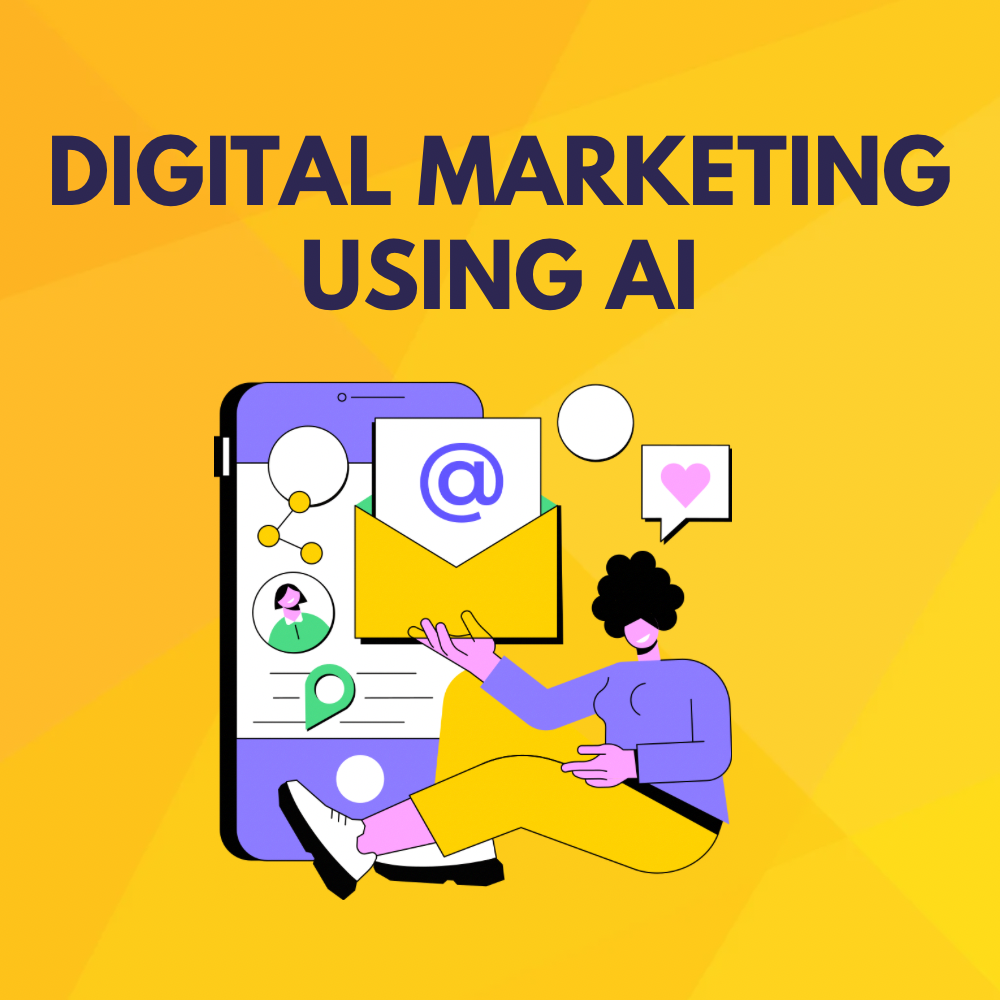Course Overview
Module 1: Introduction to Digital Marketing
This module provides a comprehensive overview of the digital marketing landscape, tracing its evolution and highlighting its significance in today’s business environment. It covers the various digital marketing channels, including search engines, social media, email, and content marketing, and their roles in a holistic marketing strategy. Students will learn key concepts such as inbound marketing, the customer journey, and omnichannel marketing, gaining an understanding of how to attract, engage, and delight customers through digital means. The module sets the foundation for understanding how digital marketing strategies can drive brand awareness, customer acquisition, and business growth.
Module 2: Search Engine Optimization (SEO)
In this module, students delve into the fundamentals of SEO and its critical role in driving organic traffic to websites. They will learn about on-page optimization techniques, including keyword research, meta tags, and content optimization, ensuring their websites are search-engine friendly. The module also covers off-page SEO strategies, such as link building and backlink analysis, to enhance website authority and ranking. Additionally, students will explore technical SEO aspects like website structure, crawlability, and site speed optimization, equipping them with the skills to improve website performance and visibility on search engines.
Module 3: Pay-Per-Click (PPC) Advertising
This module introduces students to PPC advertising and its importance in generating targeted traffic quickly. It covers the major PPC platforms like Google Ads and Facebook Ads, providing detailed insights into campaign creation and optimization. Students will gain hands-on experience in setting up and managing PPC campaigns, learning to maximize return on investment through bid management, ad extensions, and quality score optimization. Advanced topics such as keyword targeting, audience segmentation, and conversion tracking are also explored, enabling students to design and execute effective PPC strategies that drive measurable results.
Module 4: Social Media Marketing
In this module, students explore the dynamic world of social media marketing. They will receive a comprehensive overview of major social media platforms like Facebook, Instagram, Twitter, and LinkedIn, along with their audience demographics. The module focuses on strategies for creating engaging content and building a strong social media presence. Students will also learn about paid advertising options on social media and techniques for optimizing campaigns. Additionally, leveraging social media analytics to measure performance and refine marketing strategies is covered, ensuring students can effectively use social media to enhance brand visibility and engagement.
Module 5: Email Marketing
This module delves into the fundamentals of email marketing and its role in lead nurturing and customer retention. Students will learn to create effective email marketing campaigns, including designing templates and crafting compelling copy. The module covers list segmentation based on audience characteristics and behavior, allowing for personalized communication. Implementing automation workflows to streamline email marketing efforts and enhance engagement is also taught. By the end of this module, students will be able to develop and execute email marketing strategies that build relationships, drive conversions, and foster customer loyalty.
Module 6: Content Marketing
In this module, students will gain an in-depth understanding of content marketing strategies and best practices. They will learn to create a content marketing plan that aligns with business goals and target audience needs. The module covers the development of various types of content, including blog posts, videos, infographics, and case studies. Students will explore content distribution strategies and tactics to amplify reach and engagement. By mastering these skills, they will be able to produce high-quality content that attracts, engages, and converts their target audience, driving sustained business growth.
Module 7: Analytics and Reporting
This module provides a detailed introduction to web analytics and reporting. Students will learn to use popular tools like Google Analytics and Google Tag Manager to measure and analyze website performance. The module covers setting up tracking mechanisms, defining key performance indicators (KPIs), and establishing benchmarks to track progress. Analyzing website traffic sources, user behavior, and conversion funnels to uncover insights and opportunities for optimization is also included. Students will learn to generate customized reports and dashboards to visualize campaign performance and make data-driven decisions to enhance their digital marketing strategies.
Module 8: Artificial Intelligence Tools for Digital Marketing
In this module, students explore the transformative role of AI in digital marketing. They will learn about AI-powered tools and technologies for personalization, predictive analytics, and marketing automation. The module covers implementing AI-driven strategies to enhance targeting, content recommendation, and customer experience. Ethical considerations and challenges associated with AI adoption in digital marketing are also discussed. By the end of this module, students will understand how to leverage AI to create more effective and efficient marketing campaigns that deliver personalized experiences and drive better results.



There are no reviews yet.